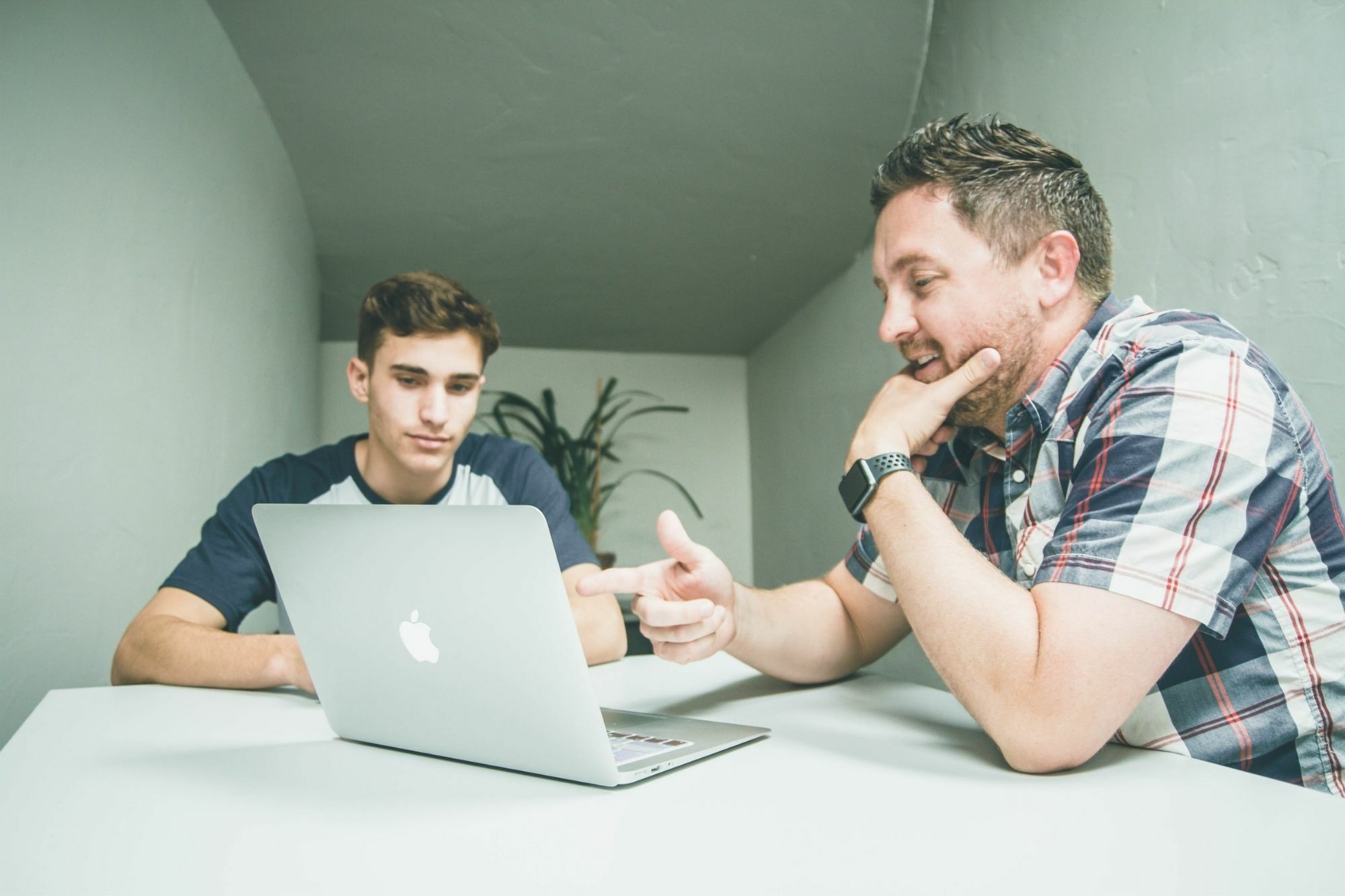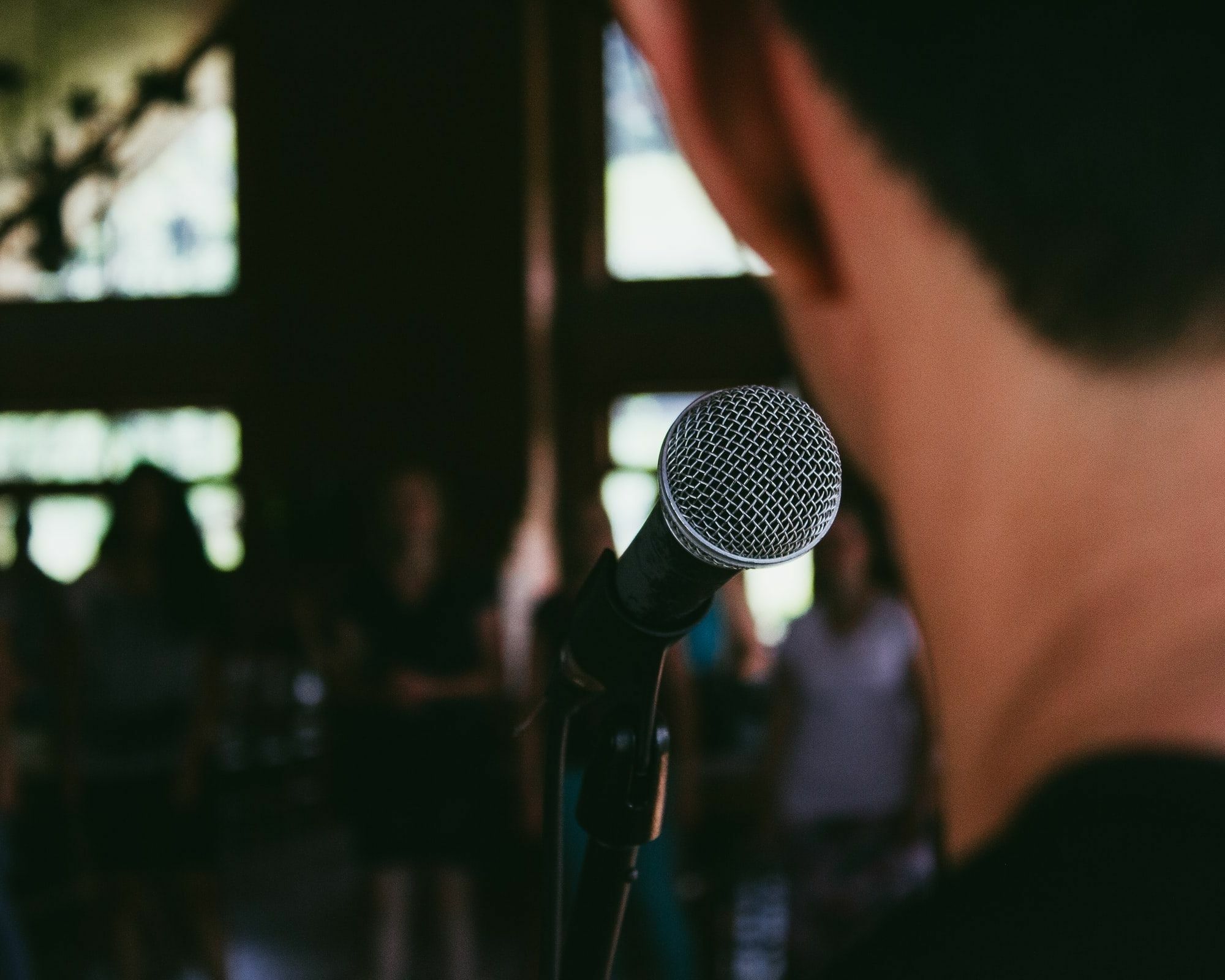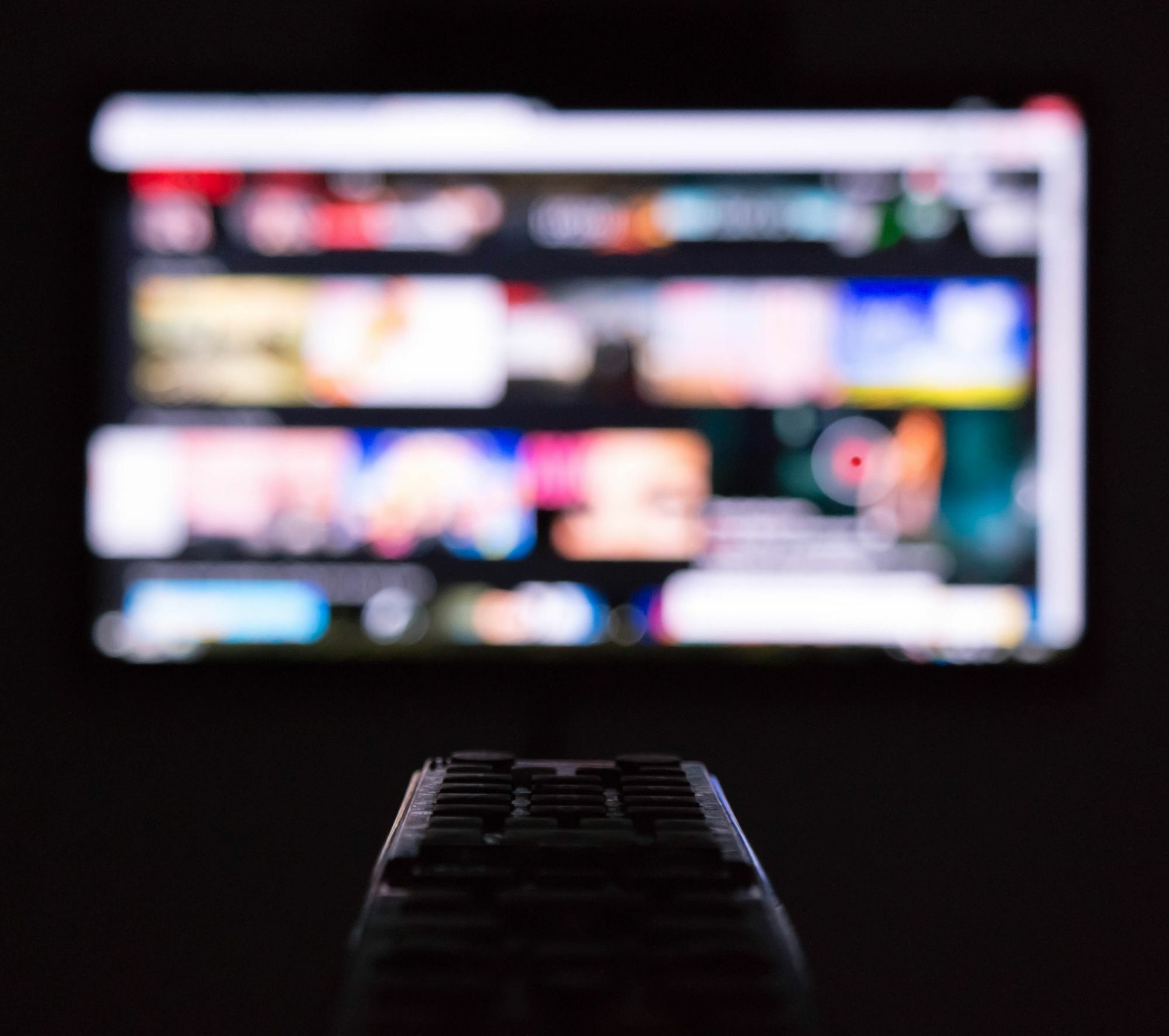Pornography is so prevalent these days – it’s easy to access, it’s anonymous and it’s free.
There’s a lot of money driving the online pornography industry and, like with other media, we need to encourage young people to ask themselves who’s making it and why.
Young people need to be aware of what they’re consuming, and how it can impact them and their attitudes, rather than just blindly ‘absorbing it’.
Below are examples of the sorts of messages young people need to hear about pornography. The aim is to assist practitioners to think about the sorts of language and concepts that might help build young people’s critical thinking.
It is worth considering how and in what order you present these messages to young people. Although it is a key issue to discuss, starting with a message like “violence isn’t sexy” may not be the best way to build engagement with young people. Consider the “entry points” to these conversations suggested in the resource Starting the conversation.
Younger teens
Download a copy of the key messages for younger teens here.
Older teens and young adults
Download a copy of the key messages for older teens and young adults here.
So, what now? Options to discuss with young people about what to do about pornography
There are lots of reasons to think that pornography is not great. But it’s pretty common for people to use it, and to expect others to – especially guys. So, what are your options?
Give pornography a miss
You don’t have to watch pornography. It’s possible to choose not to. Maybe you don’t want to have your imagination impacted by pornography. Or you don’t want to use stuff that’s made by an industry that plays rough with people’s bodies and lives. It’s okay to decide that pornography is not something you’re going to use. Given the evidence about pornography’s negative impacts, deciding not to use it is an option worth considering.
Get critical
If you see pornography, remind yourself to be aware of what you’re watching, and how there are messages being sent to you that aren’t right – instead of just watching it without thinking.
Get help
If you watch a lot of pornography or you are concerned about your pornography use, or pornography you have seen, you may wish to seek help from someone who can support you.
- If you are concerned about your own pornography use:
- you can talk to a trusted family member, friend or professional. If you are a student, you may be able to access support through a student counsellor, wellbeing coordinator, student support services or any other trusted staff member
- your doctor will be able to help with referrals to services such as counselling and youth services
- this online resource may also be able to help: thelightproject.co.nz/need-help/i-need-help
- If you have experienced sex that is unwanted, pressured, coerced or forced, you can get support through a sexual assault service. For a list of sexual assault services in different jurisdictions, see: respect.gov.au/services
- If young men want to learn about engaging in more respectful relationships, you can get support through MensLine Australia on 1300 78 99 78 or via mensline.org.au
- If you have experienced online bullying, can get support through the eSafety Commissioner: www.esafety.gov.au/about-us/how-we-can-help
- Additionally, Kids Helpline supports young people aged 5-25 with a range of issues and can be contacted on 1800 55 1800 or via kidshelpline.com.au





